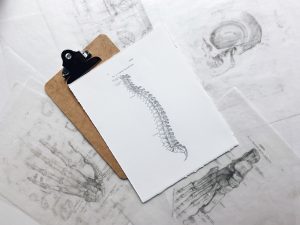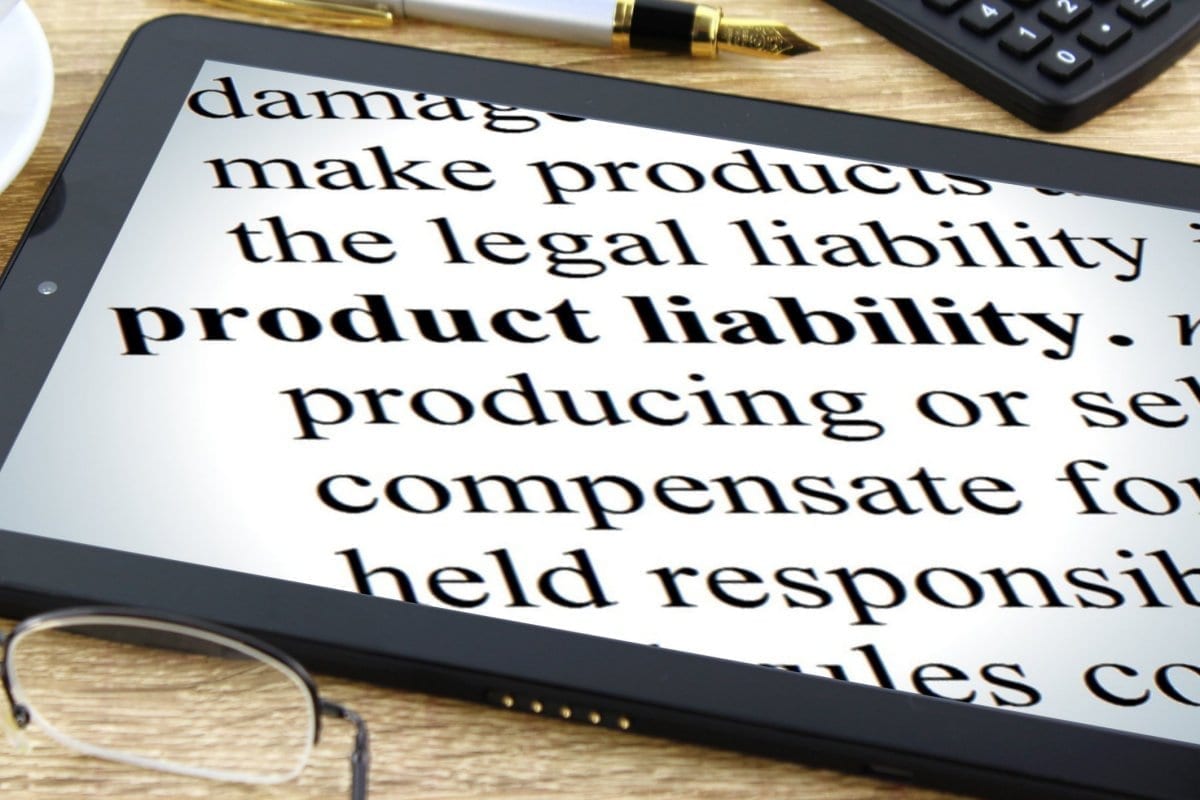Winning your medical device defect lawsuit involves careful research to determine whether the case involves a medical device or medical malpractice.
Winning a defective medical device claim requires a certain amount of legal experience and aggressive product research. Some injuries are caused by defective medical implants. Unlike medical malpractice claims, these cases don’t target human negligence or malpractice against medical staff members. They usually target medical manufacturers and can target the hospitals or medical practices implanting the devices.
Differences in Product Liability and Medical Malpractice
Some cases can be tricky as to whether medical malpractice or medical device defects caused the problems. The facts of these cases must be carefully reviewed by an expert product liability attorney. Basically, the difference involves whether the staff’s actions were reasonable when compared to standards of care. If so, the problem might involve a defective medical device.
The states set rules for product liability, but the manufacturer is almost always liable in these cases. The product might have an inherent design flaw. The manufacturer might have provided inadequate warnings or instructions. There are generally three ways that medical devices can be judged as defective:
- Design defect: A design defect occurs when the product is properly manufactured, but the design creates unacceptable risks. Medical devices rarely have defective designs, but it can happen.
- Manufacturing defect: This occurs when quality control fails to detect a manufacturing error. Most medical device defects fall into this category.
- Advertising defect: These kinds of defects usually involve mistakes made in the instructions or marketing of a medical device. An example would be failing to disclose the dangers of an artificial hip.
There is also the possibility of false claims. According to an article referring to the issues of false claims, experts say that false claims can also result in legal claims. There are two types of false claims: the patient makes a false claim, or the manufacturer makes one.
Manufacturer False Claims
The injured party in false claims is usually patients, but hospitals and medical practices have been known to file false claim lawsuits. Negative publicity can seriously damage a medical practice and result in big revenue losses. The most common type of false claim is one that ignores a potential defect or promises a benefit that the product can’t deliver.
Increases in Medical Device Defect Claims
As more and more medical products arise — including wearable health monitoring devices — medical product defect lawsuits have skyrocketed. State courts jockey to deal with the twin problems of regulation and defective devices. According to reform supporters, the U.S. Congress passed the Medical Device Amendments of 1976.
This was meant to deal with the logjam of product liability cases in state courts, but many experts feel that new laws are needed, especially since the medical device industry is expected to grow fast. Projections predict revenue of $455.34 billion in 2021 increasing to $657.98 billion in 2028.
How to Win Your Medical Device Defect Case

Most complicated medical devices must be approved by the FDA, but defects still occur. The most common medical devices include:
- Artificial Knee or Hip Joints
- Pacemakers
- Insulin Pumps
- Breast Implants
- Spinal Cord Stimulators
- Defibrillators
- Heart Stents
Winning your medical device defect lawsuit involves careful research to determine whether the case involves a medical device or medical malpractice. You must prove the following to win your case:
- The company has a duty of care not to cause any injury or damage to your prospect of recovery from an illness or condition.
- The company breached that duty through negligence.
- The breach caused you harm.
- The negligence caused your injuries.
Getting the Right Legal Help
Getting the right legal help after sustaining injuries caused by defective medical devices is critical. More importantly, however, is finding an experienced product liability attorney that knows the ins and out of defining medical product defects. The right attorney will know to handle your case and get you the compensation you deserve. As you know, many pharmaceutical companies and medical devices manufacturers are facing a sleuth of lawsuits these days. You can act on your own or you can join a class action or MDL if more people like yourself suffered similar injuries. The idea is to speak the truth and make your voice heard.


Join the conversation!